Introduction: Camber’s 2023 Impact Report
2023 was a year of growth, impact, and learnings at Camber. We’re excited to share this report as we look back on our work with clients and partner organizations around the world.
Our mission is to drive impact and develop talent in an economically sustainable model. In 2023, our first as a B-Corporation, we doubled the size of our organization with amazing new talent and seeded the social sector with Camber alumni taking on new roles in organizations driving equitable outcomes in health, prosperity, and climate. We worked closely with our clients and partner organizations to influence and amplify impact. This Impact Report highlights a select set of projects across our priority sectors and issues, and we welcome your feedback and input on how we can continue to improve our work and partnerships.
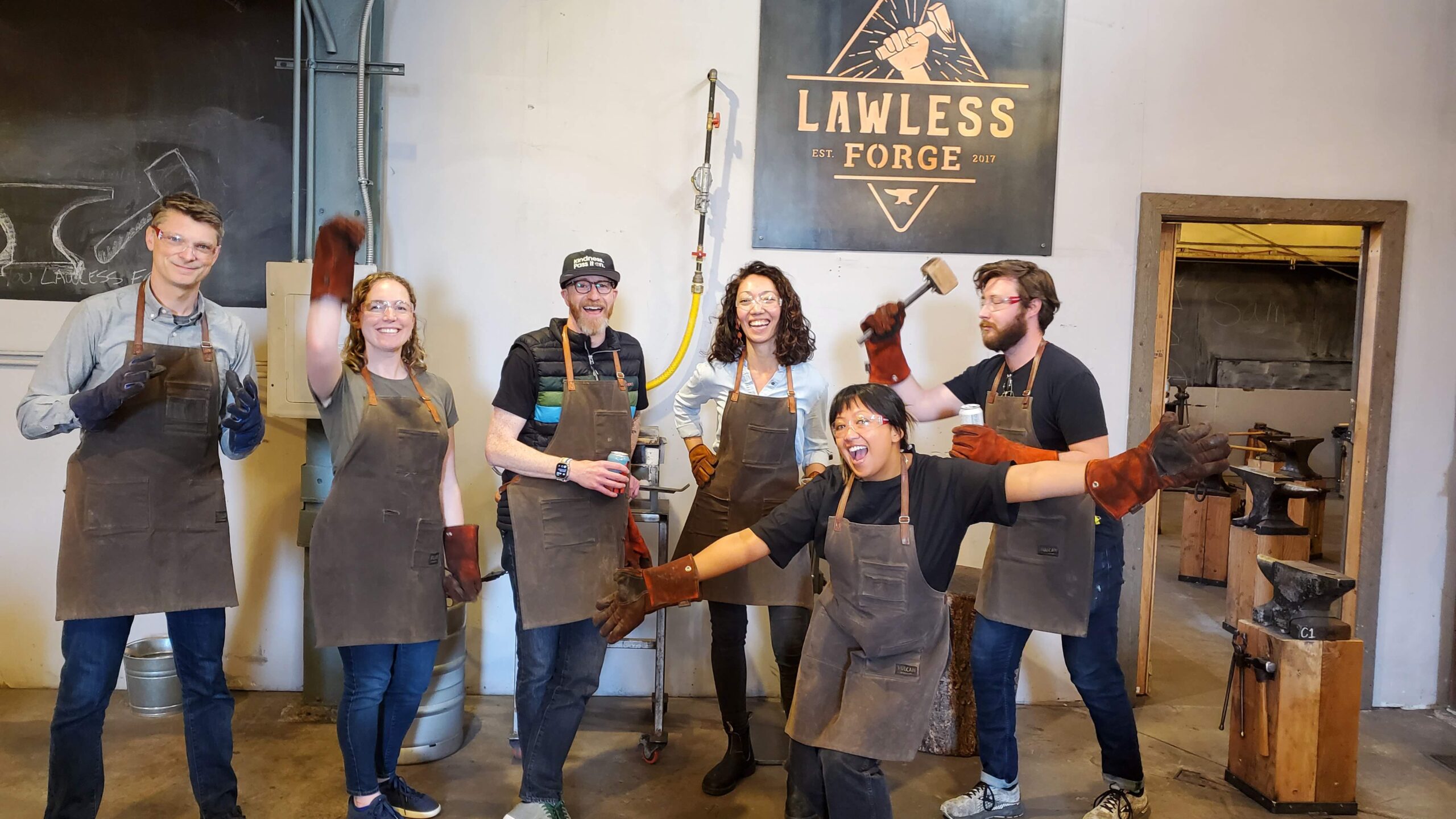
As we look to the future, we can all do more to drive equitable outcomes, processes, and policies. Camber is proud to launch Equitable Project Design and our Gender Equality Sector. Equitable Project Design integrates equity into every aspect of our work, from project scoping and design to methods and deliverables. Our Gender Equality Sector represents a formalization of over a decade of our work tackling the barriers to equality for women, girls, and sex and gender minorities.
Camber is a consultancy for an equitable and regenerative world. We are grateful for your partnership as we continue to grow, learn, and influence impactful programs globally and locally.
Wishing you an impactful and growth filled 2024.
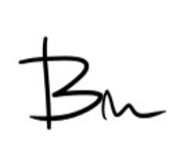
Brian Leslie
CEO and Co-Founder
Equitable Project Design Origin Story
Our approaches and methods have evolved as we progressed on our equity journey. We saw an opportunity, and indeed, a necessity to instil localization and co-creation, elevating the constituents and communities most impacted as key thought partners and participants in strategy formation.
As professionals driven to advance the greater public good globally and locally across health, shared prosperity, gender equality, and climate, we wanted to push ourselves to a deeper, more authentic, and sustainable practice centering the equity promise that we had adopted as an organizing principle in 2021.
What was our role, as change-agents, or at least indirect purveyors of social impact, in integrating equity into our project delivery? What cultural relativisms were we overlooking? How could we, as the advisers and “helpers”, continue to lift up the voices and ideas of those we mean to serve in how we researched and analyzed, conceptualized and designed, and supported execution of social impact programs?
Pondering answers to these existential considerations evolved into a series of team-wide conversations about our evolving approach to client engagements and delivery. What were our aspirations and values around racial, gender, and social equity, really? And how could we effectively assess, catalogue, normalize, incorporate, and amplify these in our project design, delivery, and dissemination? And if we succeeded at all that, how might it support both processes and outcomes that are more collaborative, trust-based, and non-extractive?
Whatever conveyances lay ahead for Camber, we determined, would be underlain by a commitment to continuing our growth and learning in anti-racist and equitable practices, and our collective agreement to address the injustice and systemic oppression deeply ingrained across societies. Our stance would need to incorporate ongoing, focused learning, and pinpoint a few key guideposts and deliverables. And as our efforts cannot succeed in isolation, we would have to identify ways to both guide and learn from our clients, project delivery partners, and community stakeholders along this journey toward elevated equity. We also knew that as consultants, we needed an organizing framework with supporting methods and tools, and we gave our framework a name: Equitable Project Design.
Refining and Defining Our Concept
Equitable Project Design (EPD) has its basis in the concept of Liberatory Project Design, a concept of the National Equity Project which seeks to apply an equity-focused lens to traditional Design Thinking principles. In contrast to the mission of product designers, social movement organizations, or community-based organizations working towards direct service goals, we embraced the opportunity to refine the lens to more closely adhere with our purview and impact theses as a strategic advisory firm.
Emanating outward, from the existentially essential level of personal bias, mindset, and growth, all the way to systemic change, our theory of impact around Equitable Project Design has five concentric spheres of activation:
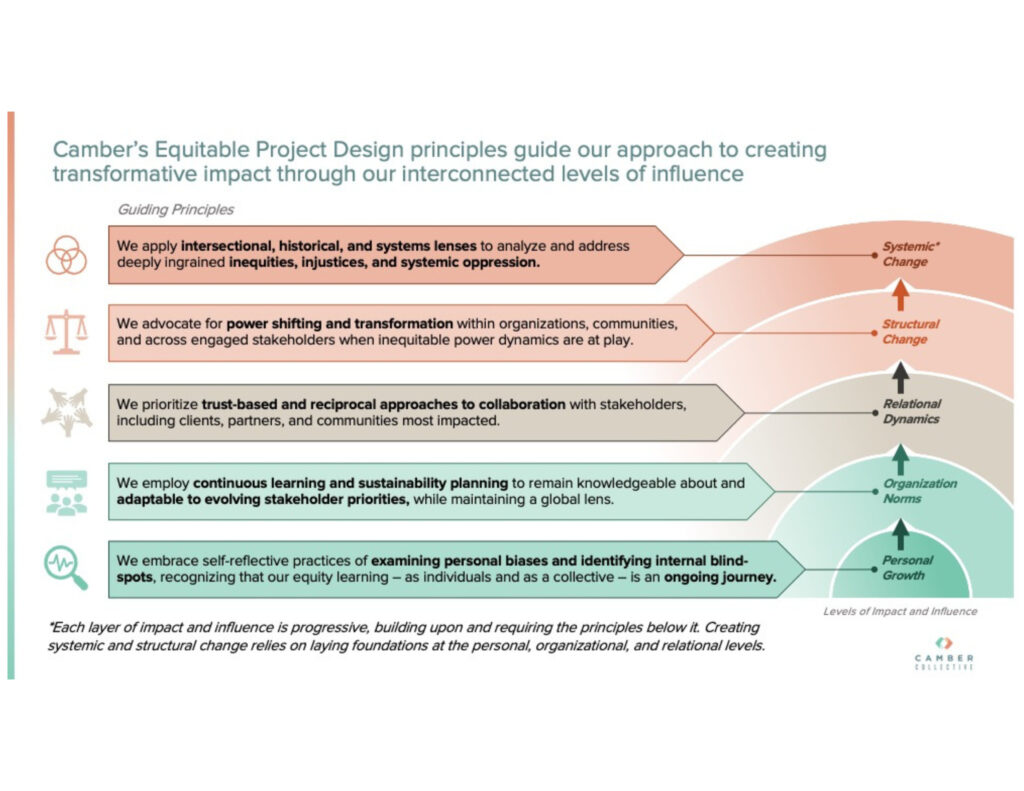
As in all facets of the world and life, a 100% purity attainment goal is unrealistic. Not
all clients and contexts will align with Equitable Design principles in uniform ways,
and the journey is also iterative. To keep us anchored in our own values and vision
of social impact and systemic change, we are establishing a team playbook of
considerations across the entire project cycle that will help us execute the work with
honesty, confidence, and equitable influence.
With determination, we envision that employing this lens and approach will allow the firm to grow and evolve to a place where all team members will have the tools and competency to guide our teams and clients through issues of equity that affect their organizations, industries, and stakeholders. Ultimately, we aspire that our equity lens becomes a key aspect of our brand promise as well as a touchstone for client confidence and trust, centered on values alignment.


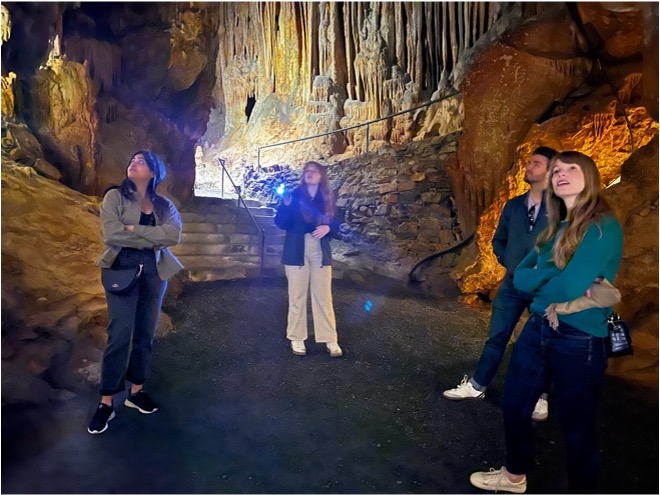

EPD MVP: Key Tenets of Equitable Project Design
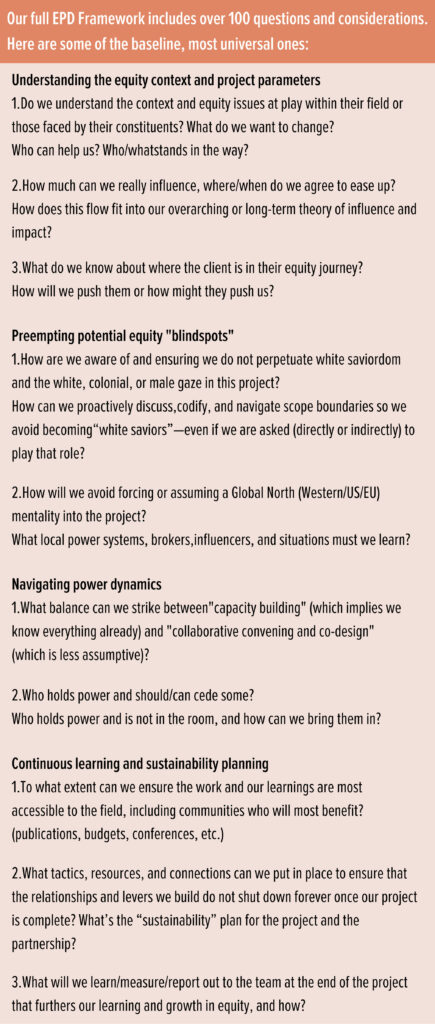
A year and a half after our initial conversations, we can celebrate some of the many important marks we’ve made along this journey, with tangible organizational tools and resources that anchor this continued work:
- We have built curated set of equity considerations by project phase, over 130 questions and markers we can incorporate into the full project lifecycle, from scoping to delivery to closeout
- We have built and revised our internal project tools with a focused embedding of equity considerations into our work
- We have begun building a library of resources, frameworks, and learnings for all of our client serving sectors that incorporate equitable principles overall, and by sector
- Having socialized the framework and elements with the team, we are now applying EPD into our own internal ways of working: learning, celebrating, building belonging, and leadership at all levels
Having a definitional framework has provided an anchor and organizing principle to scale the implementation and impact. This trajectory was already evident in a 2022 blog post in which we said:
As we build out this values alignment in our practice and demonstrate a deeper focus on equity and sustainability, we are even finding that new partners who were skeptical of the consulting sector writ large are eager to engage with our services. We are gratified to see this development, for we do believe that, by integrating equity into our theories of influence and client work, Camber Collective can help disrupt and dismantle the collective history of racist, exclusive, extractive, and colonial practices in the humanitarian and philanthropic sectors.
This report highlights some of the project work and sector impact that we are pleased to have driven in 2023. In addition to the client work, of which just a few illustrative examples are included, we also have leveraged this framework for how we define and position our internal progress and brand promise. Some of our major considerations include:

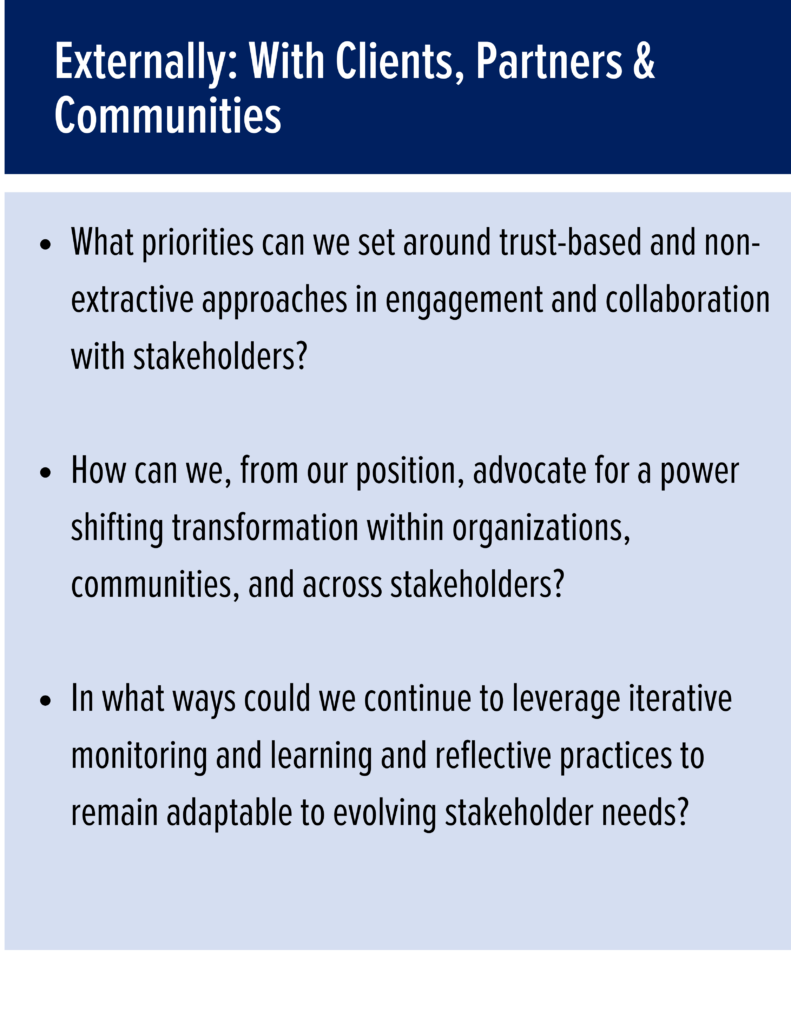
Please peruse some of the highlights from 2023 that incorporate Equitable Project Design principles. (Full report pdf is here.) Equitable Project Design-inspired elements are bolded in the below case studies.
- Gender Equality: The Women’s Health Innovation Opportunity Map
- US Health: Including Fathers in Family Care: WA Fatherhood Council
- US Health: Broadening Access to Crucial Health Care
- Global Health: Task Force for Global Health Campaign Effectiveness Coalition
- Climate: Building Bridges Across Intersections
- Shared Prosperity: Finding Prosperity for More: What Contributes to Lifetime Income?
Priorities for Further Expansion
Building upon not only these project outcomes, but our EPD approaches that were “hiding in plain sight,” we recognize a few key deliverables that will help us scale and broaden this approach. Above, we share our in-progress “EPD MVP” (minimally viable product) universal guidelines for our projects, determining, when possible, how to incorporate key equitable practices (many of which we had been employing for quite some time) such as:
- Application of historical/colonial context
- Centering the voice of the affected, and compensating our local experts for their participation
- Applying cross-sectoral/intersectional framing
- Employing equitable sampling and data analysis
- Continually relying on storytelling and visual narrative (as you will read in this report)
This report serves both as a sample lookback to some of our progress in EPD work, but it also helps pave the way that we wish to continue evolving the practice. It is our hope that our ongoing and future work will leverage EPD to encourage innovation, equity, co-creation, and norm-shifting. We want Equitable Project outcomes to become the norm.
As our firm becomes more deeply adept at authentically and systematically embedding and delivering equitable strategies and solutions for our clients, we can collectively galvanize equitable, transformative outcomes in constituent communities our clients serve. In so doing, Camber can meaningfully contribute to redressing the systemic injustices and oppressions that are so deeply ingrained in our society. This is our Grand Vision, and we are grateful to our clients, partners, associates, friends, and even strangers with critical voice, who help us continue to advance in this direction.
